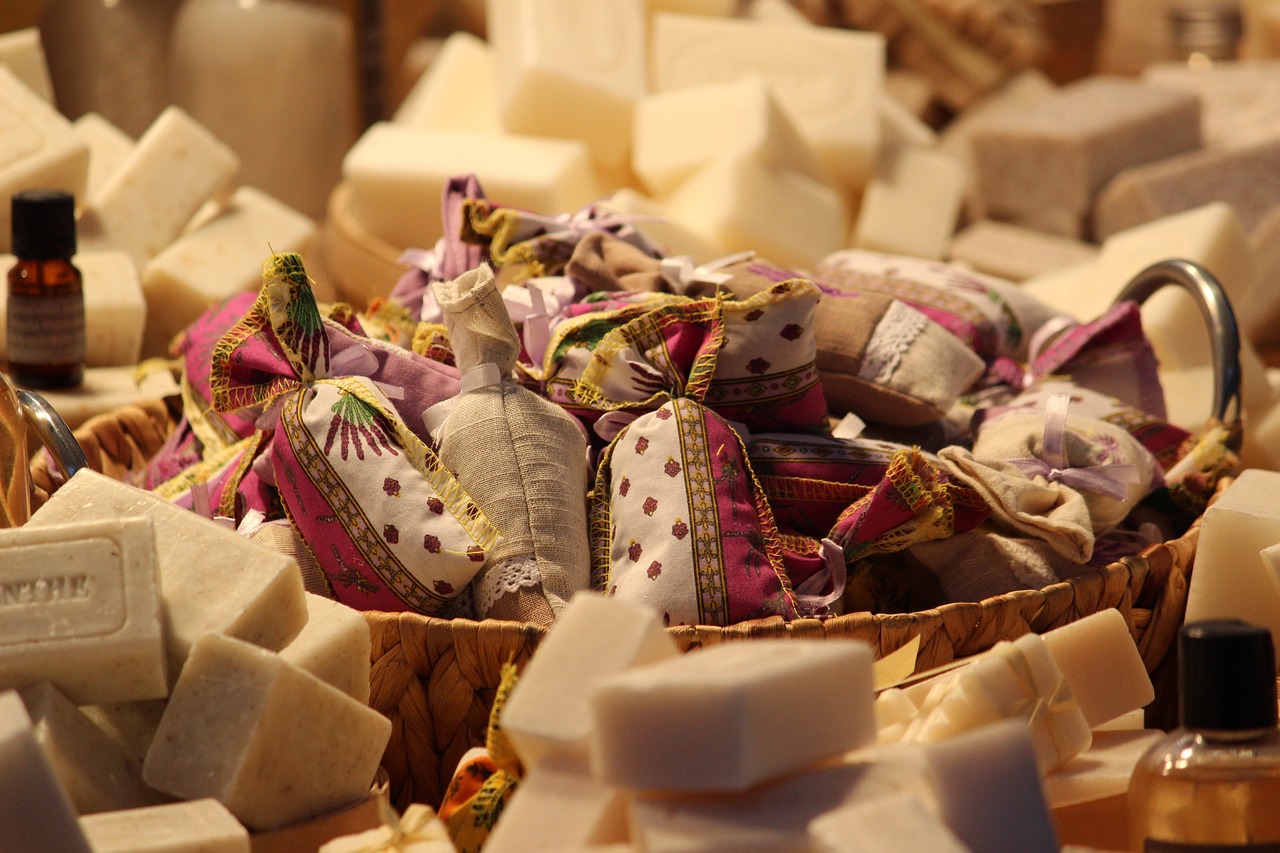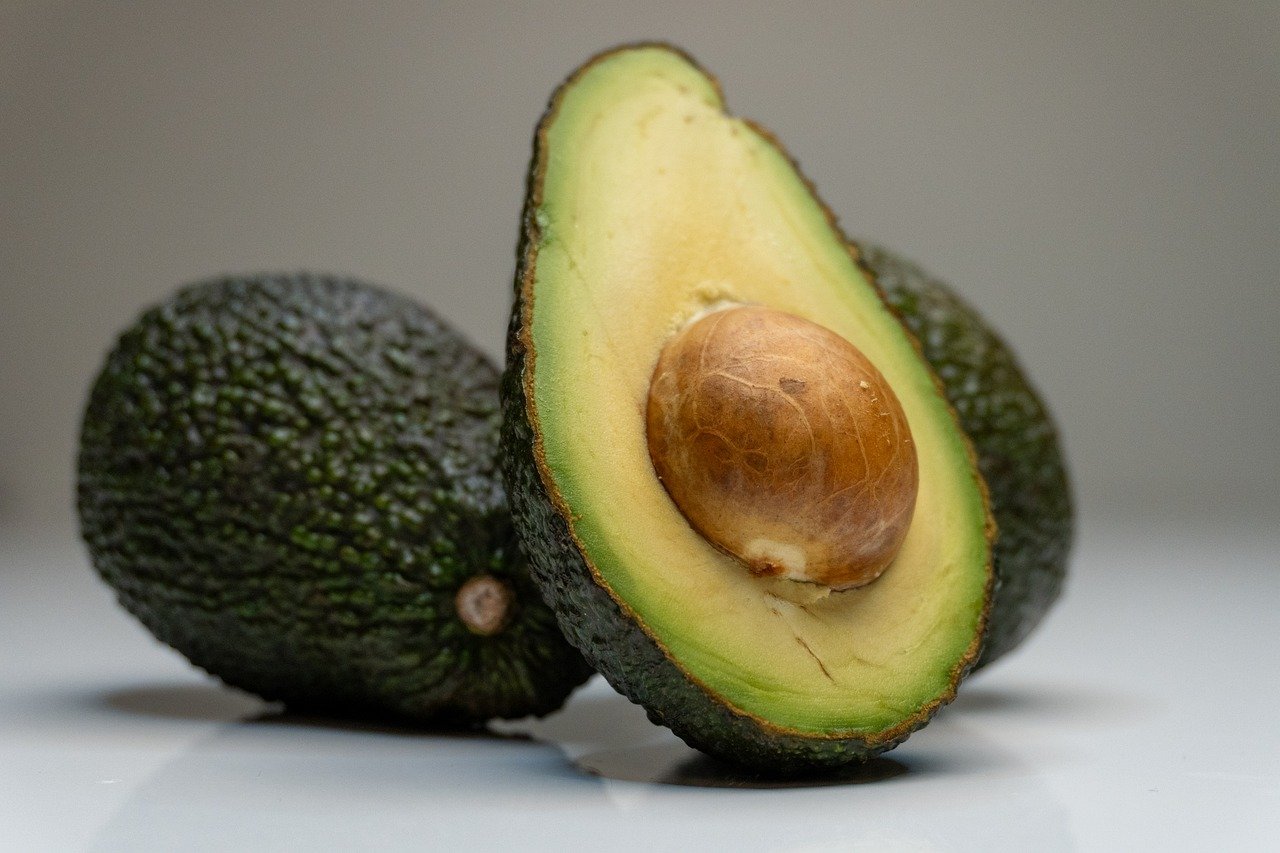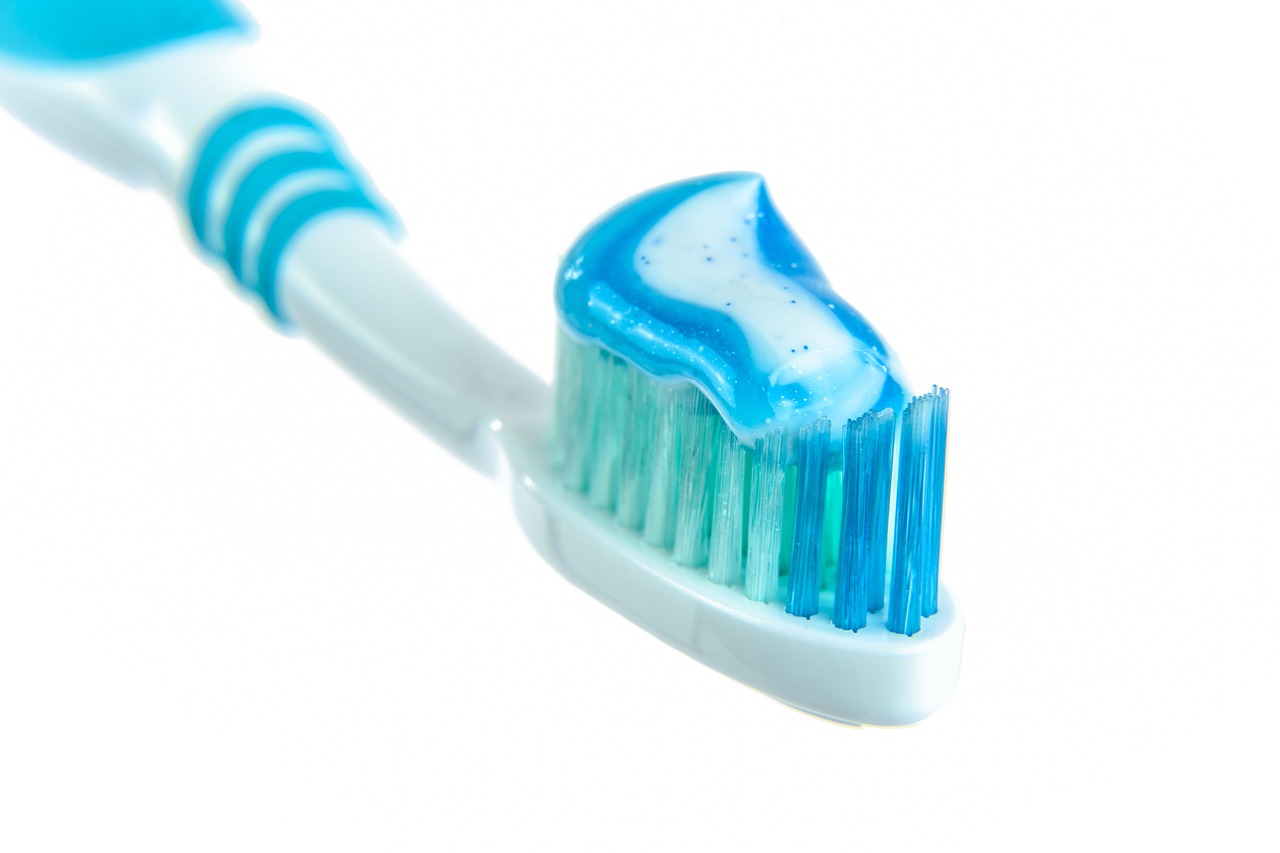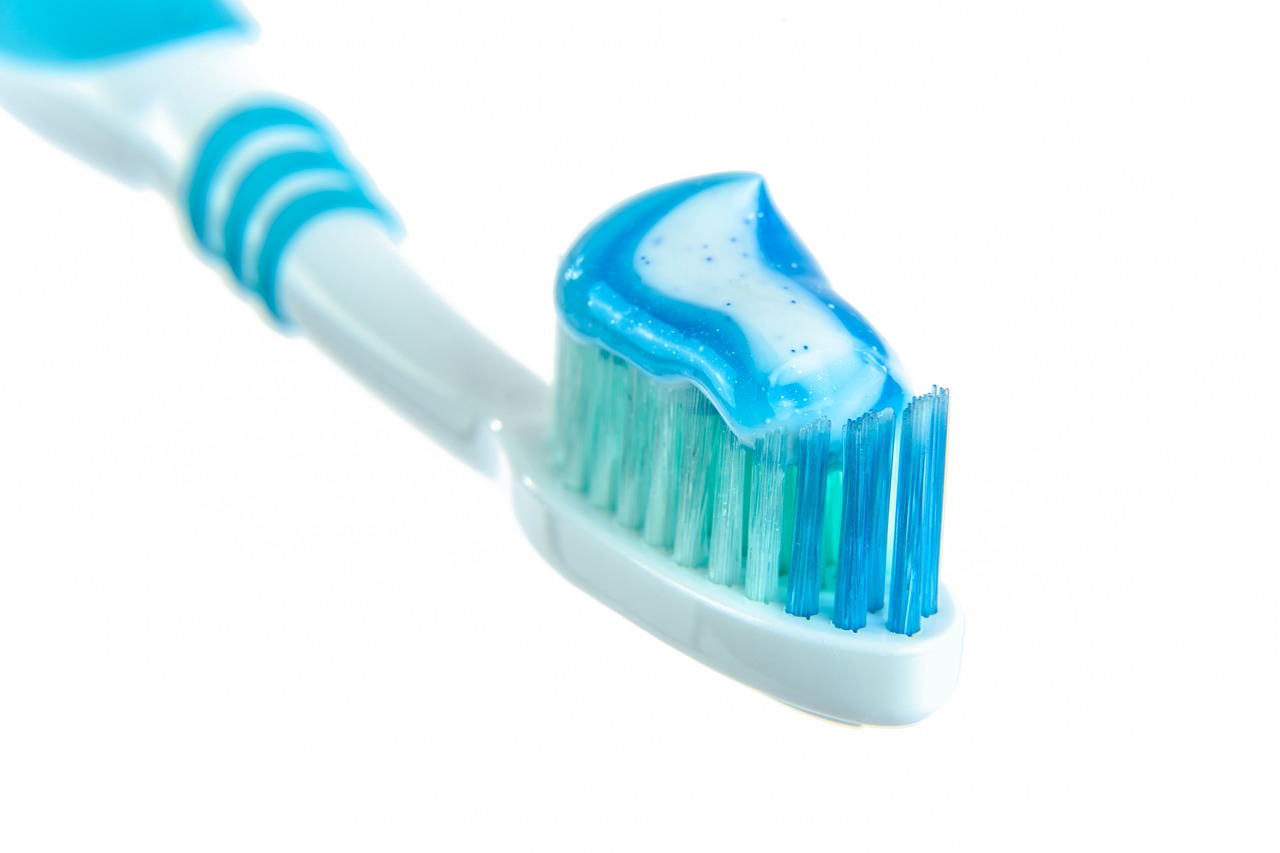How to Make Your Own Natural Toothpaste
Making your own natural toothpaste can be a fun and rewarding experience, allowing you to take control of what goes into your oral care routine. By using simple ingredients that are easy to find, you can create a personalized toothpaste that caters to your specific needs and preferences. Not only does homemade toothpaste offer a sense of accomplishment, but it also comes with a host of benefits for your oral health and the environment.
One of the key advantages of making your own natural toothpaste is the reduced exposure to harmful chemicals commonly found in commercial oral care products. By using natural ingredients like baking soda, coconut oil, and essential oils, you can avoid artificial additives and preservatives that may have negative effects on your health in the long run. Additionally, natural toothpaste promotes better oral health by supporting gum health, reducing plaque buildup, and freshening breath without the use of harsh chemicals.
When it comes to creating your homemade toothpaste, there are a few essential ingredients that you'll need to get started. Baking soda, known for its gentle abrasive properties, helps to remove surface stains and plaque while neutralizing acids in the mouth. Coconut oil acts as a natural antibacterial agent, promoting healthy gums and fighting harmful bacteria. Essential oils like peppermint or tea tree oil not only add flavor but also provide additional antimicrobial benefits. Xylitol, a natural sweetener, can be added to enhance the taste of your toothpaste while helping to prevent cavities.
To make your own natural toothpaste, start by mixing baking soda and coconut oil to form a paste-like consistency. Add a few drops of your preferred essential oil for flavor and additional benefits, then incorporate xylitol to taste. Adjust the ingredients as needed to achieve the texture and flavor you desire. Once your toothpaste is ready, transfer it to a clean container for storage and use it as you would with any commercial toothpaste.
Experimenting with different flavor variations and add-ins can add a fun twist to your homemade toothpaste. Consider incorporating ingredients like cinnamon for a spicy kick or activated charcoal for its whitening properties. These additions not only enhance the taste of your toothpaste but also provide unique benefits for your oral health. Remember to start with small amounts and adjust to your liking to create a toothpaste that suits your preferences.
Proper storage is essential to maintain the freshness and effectiveness of your natural toothpaste. Store it in a cool, dry place away from direct sunlight to prevent the ingredients from degrading. Keep the container tightly sealed when not in use to prevent contamination. Homemade toothpaste typically has a shelf life of a few weeks to a few months, depending on the ingredients used. Be sure to monitor its consistency and smell regularly to ensure it remains safe for use.
By incorporating natural toothpaste into your oral care routine, you can enjoy a range of benefits that go beyond just clean teeth. Improved gum health, fresher breath, and a reduced environmental impact are some of the positive outcomes of using natural ingredients in your toothpaste. Making the switch from commercial to natural toothpaste may take some adjustment, but the long-term benefits for your oral health and the planet are well worth the effort.
When comparing natural toothpaste to commercial options, consider factors such as ingredients, effectiveness, cost, and environmental considerations. Natural toothpaste offers a more transparent ingredient list, free from artificial colors and flavors, which can be beneficial for those with sensitive gums or allergies. While commercial toothpaste may contain synthetic chemicals and preservatives, natural toothpaste focuses on harnessing the power of nature to promote oral health.
Transitioning to natural toothpaste can be a gradual process that requires patience and experimentation. Start by incorporating small amounts of homemade toothpaste into your routine and gradually increase as you become more comfortable with the change. Monitor any changes in your oral health, such as sensitivity or gum irritation, and consult with your dentist if needed. With time and consistency, you'll find that natural toothpaste can be just as effective, if not more, than commercial options.

Benefits of Natural Toothpaste
When it comes to oral care, the benefits of using natural toothpaste are truly remarkable. Unlike commercial toothpaste loaded with artificial ingredients and chemicals, natural toothpaste offers a plethora of advantages that go beyond just cleaning your teeth. One of the primary benefits is the reduced exposure to harmful chemicals often found in conventional toothpaste. By opting for natural ingredients like baking soda, coconut oil, and essential oils, you can safeguard your oral health without compromising on safety.
Moreover, natural toothpaste promotes better overall oral health by harnessing the power of nature's ingredients. Baking soda, for example, is known for its gentle abrasive properties that effectively remove plaque and stains without damaging tooth enamel. Coconut oil, on the other hand, possesses antibacterial and anti-inflammatory properties that can help combat gum disease and promote healthier gums.
Another significant advantage of natural toothpaste is its positive impact on the environment. By making your own toothpaste using sustainable ingredients and reusable containers, you can significantly reduce your carbon footprint and contribute to a greener planet. This eco-friendly approach to oral care aligns with the growing trend of sustainable living and conscious consumerism.

Key Ingredients for Homemade Toothpaste
When it comes to creating your own natural toothpaste, selecting the right ingredients is crucial for achieving optimal oral health benefits. Among the key components commonly found in DIY toothpaste recipes are:
Baking Soda: This versatile ingredient helps to gently scrub away plaque and stains from the teeth, promoting a brighter smile and fresher breath.
Coconut Oil: Known for its antibacterial properties, coconut oil can help combat harmful bacteria in the mouth and promote healthier gums.
Essential Oils: Peppermint, tea tree, and clove essential oils are popular choices for adding flavor and additional antibacterial properties to homemade toothpaste.
Xylitol: This natural sweetener not only enhances the taste of the toothpaste but also helps to prevent tooth decay by reducing the growth of cavity-causing bacteria.
By combining these key ingredients in the right proportions, you can create a customized natural toothpaste that caters to your specific oral care needs and preferences.

Step-by-Step Guide to Making Toothpaste
Creating your own natural toothpaste at home is a rewarding and simple process that allows you to take control of what goes into your oral care products. By using basic ingredients, you can customize your toothpaste to cater to your specific preferences and needs. Let's dive into the step-by-step guide to making toothpaste that will leave your mouth feeling fresh and clean.
To start, gather the key ingredients for your homemade toothpaste. Baking soda, known for its gentle abrasive properties, helps to remove plaque and stains from your teeth. Coconut oil acts as a natural antibacterial agent, promoting healthy gums and fresh breath. Essential oils not only add flavor but also provide additional oral health benefits. Xylitol, a natural sweetener, can help prevent tooth decay and cavities.
Once you have all your ingredients ready, it's time to combine them to create your personalized toothpaste. Begin by mixing baking soda and coconut oil until you achieve a smooth consistency. Add a few drops of your preferred essential oil for flavor and additional benefits. If you like a sweeter taste, incorporate xylitol into the mixture.
Experiment with different flavor variations and add-ins to enhance your homemade toothpaste. Peppermint oil offers a refreshing taste, while cinnamon provides a warm and spicy flavor. Activated charcoal can help whiten teeth and remove toxins. Feel free to get creative and find the perfect combination that suits your taste buds and oral care needs.
After preparing your natural toothpaste, it's essential to store it properly to maintain its freshness and effectiveness. Store your toothpaste in a cool, dry place away from direct sunlight to prevent it from melting or losing its texture. Consider using a small airtight container to keep your toothpaste hygienic and easy to access.
Homemade natural toothpaste typically has a shelf life of about 3 to 6 months, depending on the ingredients used. Be mindful of any changes in color, texture, or smell, as these could indicate that the toothpaste has expired. If in doubt, it's best to prepare a fresh batch to ensure optimal oral care benefits.
By incorporating natural toothpaste into your daily oral care routine, you can enjoy a range of benefits such as improved gum health, fresher breath, and a reduced environmental impact. Say goodbye to harsh chemicals and artificial additives, and say hello to a healthier smile that's both sustainable and effective.
As you consider making the switch from commercial to natural toothpaste, remember that the transition may take some time. Start by gradually introducing your homemade toothpaste into your routine while monitoring any changes in your oral health. If you have any concerns or questions, don't hesitate to consult with your dentist for guidance and support.

Flavor Variations and Add-Ins
When it comes to making your own natural toothpaste, the exciting part is experimenting with various flavor variations and add-ins to customize your oral care experience. By incorporating different ingredients, you can not only enhance the taste of your toothpaste but also boost its effectiveness in promoting oral health.
One popular flavor option for homemade toothpaste is peppermint oil, known for its refreshing and antibacterial properties. Adding a few drops of peppermint oil can leave your mouth feeling clean and minty fresh after each brush. Additionally, cinnamon is another common choice, offering a warm and spicy flavor while also having antimicrobial benefits that can help fight bacteria in the mouth.
If you're looking to add a unique twist to your toothpaste, consider incorporating activated charcoal. Despite its dark color, activated charcoal is prized for its ability to whiten teeth and detoxify the mouth by binding to toxins and impurities. This natural ingredient can give your toothpaste a striking appearance and provide additional cleaning power.
For those who prefer a sweeter taste, xylitol is a popular add-in that not only adds sweetness to the toothpaste but also helps prevent cavities by inhibiting the growth of harmful bacteria. Xylitol is a natural sugar substitute derived from plants, making it a healthier alternative to traditional sweeteners.
Experimenting with different flavor variations and add-ins allows you to tailor your natural toothpaste to your preferences and oral care needs. Whether you enjoy a classic minty freshness or prefer a more unconventional approach, the possibilities for creating a personalized toothpaste are endless.

Storage and Shelf Life Tips
When it comes to storing your homemade natural toothpaste, it's essential to consider a few key factors to maintain its freshness and effectiveness. Proper storage not only ensures the longevity of your toothpaste but also helps preserve its beneficial properties. One of the most important aspects of storing natural toothpaste is to keep it in an airtight container to prevent exposure to air and moisture, which can compromise its quality over time. Additionally, storing the toothpaste in a cool, dry place away from direct sunlight can help prolong its shelf life and prevent any potential changes in texture or consistency.
Another important tip for storing natural toothpaste is to avoid contaminating it with water or saliva when using it. Make sure to use a clean toothbrush or spoon to scoop out the desired amount of toothpaste to prevent introducing any bacteria into the container. It's also recommended to avoid double-dipping to maintain the hygiene and integrity of the product. Furthermore, keeping the lid securely closed after each use can help prevent any unnecessary exposure to external elements that may affect the quality of the toothpaste.
Understanding the typical shelf life of homemade natural toothpaste is crucial for ensuring its efficacy and safety. While the exact shelf life may vary depending on the specific ingredients used and storage conditions, most natural toothpaste formulations can last anywhere from 3 to 6 months when stored correctly. Regularly checking the consistency, color, and smell of the toothpaste can help you determine if it's still suitable for use or if it has expired. If you notice any changes in the product's appearance or aroma, it may be time to discard it and prepare a fresh batch to maintain optimal oral care benefits.

Benefits of Using Natural Toothpaste
Using natural toothpaste offers a myriad of benefits that go beyond just oral hygiene. One of the primary advantages is the reduction in exposure to harmful chemicals commonly found in commercial toothpaste. By opting for natural ingredients, you can avoid artificial additives and preservatives that may have adverse effects on your health in the long run.
Furthermore, natural toothpaste promotes better oral health by harnessing the power of ingredients like baking soda and coconut oil. These components possess antibacterial and anti-inflammatory properties that can help combat plaque buildup, prevent cavities, and maintain overall oral hygiene.
In addition to personal health benefits, using natural toothpaste also contributes to environmental sustainability. Traditional toothpaste tubes are often made of non-recyclable materials, leading to increased waste. On the other hand, homemade natural toothpaste can be stored in eco-friendly containers or even reusable jars, reducing your ecological footprint.

Comparison with Commercial Toothpaste
When comparing natural toothpaste with commercial options, it's essential to consider various factors that can impact your oral health and overall well-being. Natural toothpaste is typically made from organic ingredients such as baking soda, coconut oil, and essential oils, which are known for their antibacterial and anti-inflammatory properties. On the other hand, commercial toothpaste often contains artificial flavors, colors, and chemical additives that may have adverse effects on your health.
One significant difference between the two is the presence of abrasive agents. While commercial toothpaste may contain harsh abrasives that can damage enamel over time, natural toothpaste tends to be gentler on teeth while still effectively cleaning and whitening. Additionally, natural toothpaste is free from ingredients like triclosan and sodium lauryl sulfate, which are commonly found in commercial products and have been linked to health concerns.
From a cost perspective, natural toothpaste may seem more expensive upfront due to the quality of ingredients used, but in the long run, it can be cost-effective as you often need to use less product compared to commercial toothpaste. Moreover, the environmental impact of natural toothpaste is significantly lower as it avoids plastic packaging and harmful chemicals that can pollute water sources and harm marine life.

Tips for Transitioning to Natural Toothpaste
Transitioning from commercial toothpaste to natural alternatives can be a positive change for your oral health and overall well-being. To make this shift smoother and more effective, consider these essential tips:
First and foremost, start slow and gradual. Abruptly switching from your regular toothpaste to a natural one can be overwhelming for your taste buds and oral microbiome. Begin by using your natural toothpaste for one brushing session a day and gradually increase the frequency as you get accustomed to the new taste and texture.
Monitor your oral health during the transition period. Pay attention to how your teeth, gums, and overall mouth feel after using the natural toothpaste. Look out for any changes in sensitivity, gum bleeding, or plaque buildup. If you notice any concerning issues, consult with your dentist to address them promptly.
Experiment with different natural toothpaste brands and formulations to find the one that best suits your preferences and oral care needs. Not all natural toothpaste products are created equal, so don't be discouraged if the first one you try doesn't meet your expectations. Keep exploring until you find the perfect match for your smile.
Consult with your dentist before making the switch to natural toothpaste, especially if you have specific dental conditions or concerns. Your dentist can provide valuable insights and recommendations based on your individual oral health status, ensuring a smooth transition without compromising your dental care.
Embrace the benefits of natural toothpaste and remind yourself of the positive impact it has on your oral health and the environment. By choosing natural alternatives, you contribute to reducing your exposure to potentially harmful chemicals and supporting sustainable oral care practices.
Remember, the journey to natural toothpaste is a personal one, and it's essential to find what works best for you. With patience, experimentation, and professional guidance, you can seamlessly transition to natural toothpaste and enjoy a healthier, more eco-friendly smile.
Frequently Asked Questions
- Can I really make my own natural toothpaste at home?
Yes, you absolutely can! Making your own natural toothpaste is a fun and rewarding process that allows you to customize the ingredients to suit your preferences and oral care needs.
- Are homemade toothpaste recipes effective in maintaining oral health?
Yes, homemade toothpaste recipes can be very effective in maintaining oral health. Ingredients like baking soda, coconut oil, and essential oils have known benefits for teeth and gums, providing a natural alternative to commercial toothpaste.
- How can I store homemade toothpaste to ensure its longevity?
It's important to store your natural toothpaste in an airtight container at room temperature to maintain its freshness. Avoid exposing it to direct sunlight or extreme heat to preserve its effectiveness.
- Is it safe to use natural toothpaste if I have sensitive teeth?
Natural toothpaste can be a great option for sensitive teeth, especially if you choose ingredients that are gentle and soothing. However, it's always recommended to consult with your dentist if you have specific concerns about your oral health.
- What are the environmental benefits of using natural toothpaste?
Using natural toothpaste contributes to reducing the environmental impact of traditional oral care products. By avoiding chemicals and artificial additives, you help minimize pollution and support eco-friendly practices.



















